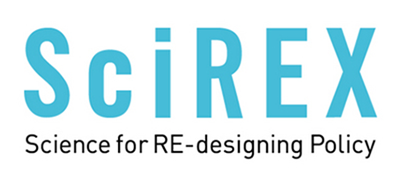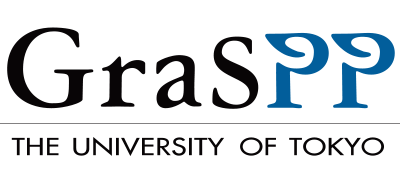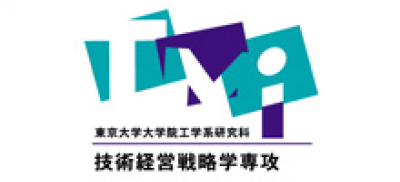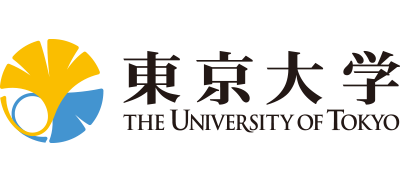Developing Human Resources Who Can Link Policy and Science
Graduate Schools for Law and Politics
Hideaki Shiroyama
What Is Science, Technology and Innovation Governance (STIG)?
The question of how to make policy based on scientific knowledge has become a major issue in diverse fields including energy policy, medical policy, information policy, environmental policy, marine policy, and aerospace policy. Such decisions are becoming important not only in the government sector, but also in various management decisions at business enterprises.
The Ministry of Education, Culture, Sports, Science & Technology program to promote “Science for RE-designing Science, Technology and Innovation Policy (SciREX)” was started in fiscal 2011. As one of the hub institutions for fundamental research and human resources development, the University of Tokyo participates in developing human resources who can lead the STIG arena. In recent years, the promotion of science for science and technology policy has become a major trend worldwide. This has been deliberated at the US Science of Science and Innovation Policy (SciSIP) and the OECD Committee for Scientific and Technological Policy, and interest in the structures for the formation of STI policy and in innovation structures at related enterprises will now inevitably increase in each country.
Developing Human Resources Who Can Link Policy and Science
The University of Tokyo STIG education program is an interdepartmental education program which makes use of our strengths as a comprehensive university, and builds a collaboration platform between practitioners and researchers in law and politics, economics, medicine, information science, and other fields, primarily at the Graduate School of Public Policy and the engineering graduate schools, to foster the development of human resources who can link science and policy.
The education program, which aims at providing students with both knowledge and skills in policy-making processes and knowledge and skills of evidence-building and its appropriate use, is comprised of courses across the humanities and sciences that only the University of Tokyo can offer. What is more, within the humanities the courses provide a foundation in wide-ranging fields including law and politics and economics. This is aimed at having students acquire the perspective to grasp problems and issues in a comprehensive and multifaceted manner.
“Science of science, technology and innovation policy” human resources are specialists who can lead society in the future by effectively undertaking science and technology innovation governance. We look forward to your participation in the program to become STI policy and management specialists linking science and technology with policy who will be essential for the continuing evolution of Japan.



